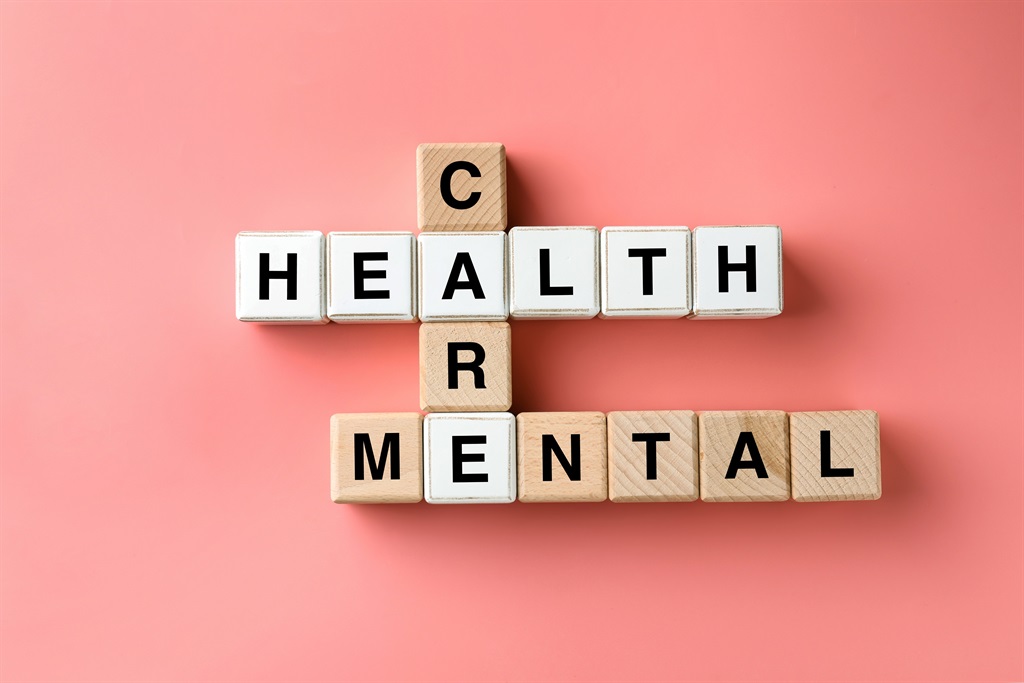
Lizette Rabe writes that we need to change the narrative so that we can speak differently about suicide to erase stigma.
World Suicide Prevention Day (WSPD) on 10 September is an opportunity for each of us to “change the narrative on suicide” and thereby, maybe, help someone, somewhere, to give life another chance.
Suicide does not “choose” its victims. Whether rich or poor, young or old, successful or unsuccessful, brilliant or ordinary, whether a famous celebrity, a rockstar or an actor, that final stage of an illness that triggers a fatal depression certainly is not selective of its victims.
And just as a heart condition or a stroke, it can strike out of the blue.
But other than a heart attack or a stroke, we do not talk in the same way about a suicide death as is the case with other fatalities.
That is why the International Association for Suicide Prevention (IASP), together with the World Health Organisation (WHO), decided on the theme for WSPD as “Changing the narrative”.
This year marks the 21st time since WSPD was started in 2003. For the new theme, the IASP consulted with members from 56 countries, reaching the conclusion that it is crucial to “change the narrative”. They will focus on this theme until 2026.
By “changing the narrative”, we must, can, and should speak differently about suicide to erase stigma. Unfortunately, we also need to erase that other s-word that still surrounds this cause of death – shame – even though it has been a cause of death since time immemorial. In earlier times, we just did not know that the lead-up to more than 90% of suicides is a medical condition called mental ill-health. Religion, of course, also played a part, condemning victims of a fatal depression as sinners, contributing to the stigma, shame and silence.
READ | OPINION: Lizette Rabe – If an All Black can cry, so can you
Thanks to modern medicine and research, we now know much more about mental ill-health. Yet, age-old stigma and shame still clings to those who suffer from humankind’s worst illness. Because – yes – we still really don’t know how to talk about it. Or, if we do, it is in hushed voices.
That is exactly why the IASP wants to focus on the prevalence of suicide, reduce stigma, and raise awareness with the “singular message that suicides are preventable”.
What can we as ordinary Jane and Joe Public do?
Firstly, by empowering ourselves with the knowledge that suicide is not “shameful”. In the majority of cases, it is the development of a clinical, biological illness that led to a fatal end, despite possibly the best treatment and medication that modern medicine can provide.
If we stigmatise and shame suicide – as said, in more than 90% of cases, the end result of a clinical, biological illness – then a death due to cancer, a heart attack, or any other cause should also be stigmatised and shamed.
We must change our thinking around suicide
The simple fact is: The brain of those unfortunate fellow human beings who die of suicide were so fatally ill that they could not sustain life anymore. There is no other explanation for such a tragic death. Our inborn instinct is to run away from the sabre tooth tiger. Not straight into its jaws.
Also, in line with “changing the narrative”, try not to use the verb “commit” suicide. It implies a willful act and also carries the subtext that a crime was committed. It is much better to say someone died of suicide. Or even better: That someone died of a fatal depression – like someone who died of cancer.
Therefore, we should not only “change the narrative”, but our whole thinking about suicide.
READ | OPINION: How to break the stigma of suicide and other s-words
By talking as we would about diabetes, mental health illnesses such as depression and anxiety can be normalised and humanised. The “easier” we speak about them, the more we normalise them and help those who suffer from them to seek professional help earlier. Because that “black dog” – the name given to his depression by British politician Winston Churchill – will not go away by itself. Like any untreated illness, the condition will worsen. And maybe develop into a fatal stage.
The human brain is protected inside a bone-hard skull exactly because it is our most complex organ, with trillions of messages buzzing across our synapses. And when those messages are derailed, whether because of genetic, hereditary causes, or whether triggered because of external impulses, they remain biological, clinical illnesses.
That is why it is so important to acknowledge these illnesses by “shifting the culture of silence and stigma” to openness and understanding. Above all: To support those in need.
“Changing the narrative”, the IASP says, requires “systemic change”. From advocating for policies and legislation to change, to prioritising mental health, to an increase in care. And especially, to provide support for those in need. On the IASP’s website there are many ideas of how we can each be an agent of change, from schools, to companies, to individuals.
There is a clear body of evidence that mental health disorders are on the rise in South Africa. Especially in our country, where we also fight a systemic backlog in budgets and care for mental ill-health, the call to “start the conversation” is critical. Encourage family members, colleagues, communities, organisations, friends, to start that important conversation.
It is not a shame to suffer from a mental ill-health condition. Let’s change the narrative, share our experiences, and support those in need of care. We can each make a difference and help someone who is suffering the most unimaginable psychological pain.
It’s as simple as that: Just start the conversation. Please. You can save a life.
– Lizette Rabe, professor emeritus, Stellenbosch University, lost her beautiful, brilliant son to a fatal depression and started the Ithemba Foundation – ithemba means hope – to raise awareness of mental health and to support research.
For help:
Lifeline South Africa: 086 132 2322
SA Federation for Mental Health: 011 781 1852
SADAG 24-hour mental health helpline: 080 045 6789
For a psychologist or psychiatrist in your area click here.
*Want to respond to the columnist? Send your letter or article to opinions@news24.com with your name and town or province. You are welcome to also send a profile picture. We encourage a diversity of voices and views in our readers’ submissions and reserve the right not to publish any and all submissions received.
Disclaimer: News24 encourages freedom of speech and the expression of diverse views. The views of columnists published on News24 are therefore their own and do not necessarily represent the views of News24.






Recent Comments